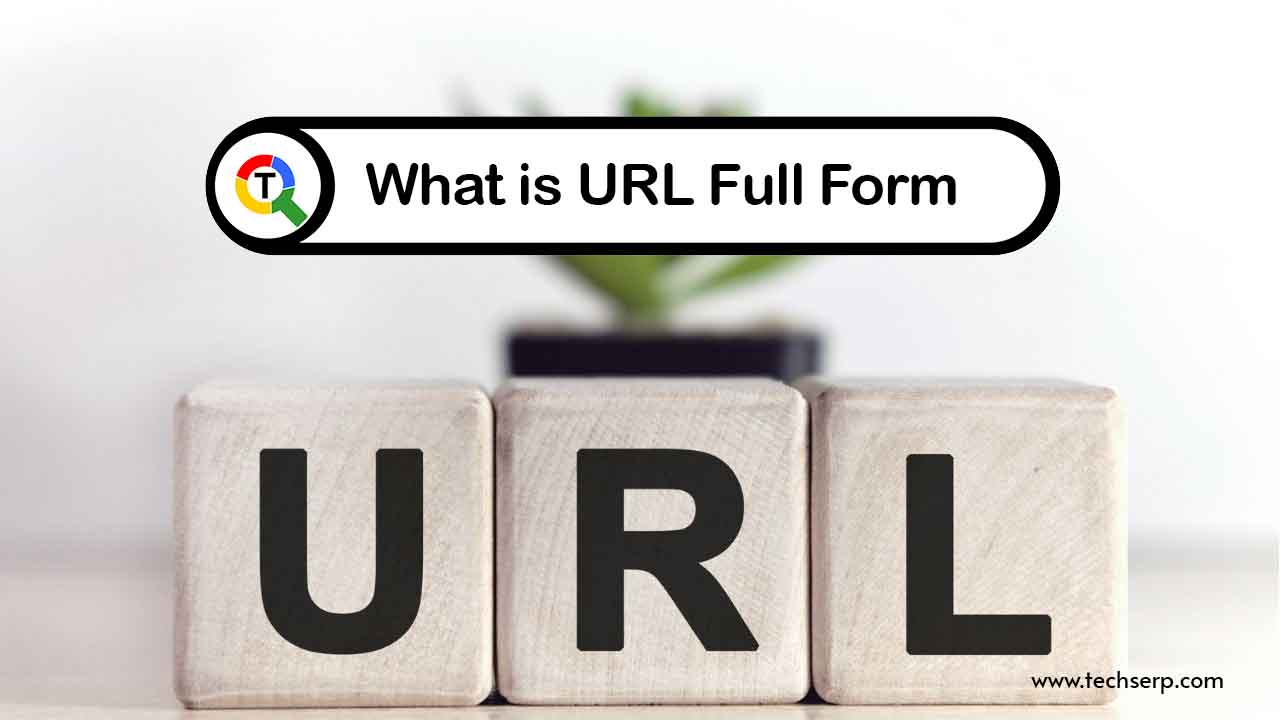Table of Contents
Full Form of URL and HTTP?
The full form of URL is Uniform Resource Locator and it is a web address for websites and all other digital content. It identifies the website and conveys its location of it on the internet so that you can access it quickly. The URL will always end in ‘www’ or ‘HTTP’ which indicates that you are accessing a secure website. The full form of HTTP stands for Hypertext Transfer Protocol.
It is imperative that these URLs are consistently and correctly used in order to ensure that online content can access by those who want to do so as well as those who develop this content such as videos, photos, and music.
What are the Main Types of URLs?
There are Three Types of URLs:
Static: These types of URLs do not change and they can be bookmarking by the reader.
Dynamic: These types of URLs will change with every visit and the new URL will contain different information than the previous one.
Parameterized: A parameterized URL is usually using for querying web services and retrieving specific data. The most common type of this data is a database or a JSON file.
URL Types?
Every URL that you visit has a variety of important information that can be used, found & accessed by humans and machines alike. It is made up of three parts:
- Protocol
- Domain Name
- Pathname
Protocol: The protocol tells the web browser how to transfer data to another computer.
Domain Name: The domain name provides the location of the resource on the internet.
Pathname: The pathname is where or how you find a given resource in relation to what is usually called “the root.”
What Is The Difference Between URI and URL?
- URI stands for Uniform Resource Identifier. It is a type of string that identifies a user, application, or any other resource on the Internet.
- URL stands for Uniform Resource Locator. URLs are strings that identify the location of resources on the web, like web pages or images.
- Uniform Resource Identifier, or URI, can refer to any entity accessible on the internet with an addressable presence, not just websites.
- It can point to different types of resources, even if they are not located on the web. For example, email addresses and telephone numbers are also URIs.
- URLs can only point to resources that are located on the web
Conclusion:
There are many disadvantages to not using URLs. One of the most notable is that it’s much easier for people to share content with each other. In addition, it can be difficult for people to find your content if you don’t provide a link to it. Links also give search engines important information about the content on your website, which can influence their ranking. Lastly, links are using in advertising, marketing, and public relations campaigns.
You May Also Read: Full Form NRI?


Comments are closed, but trackbacks and pingbacks are open.